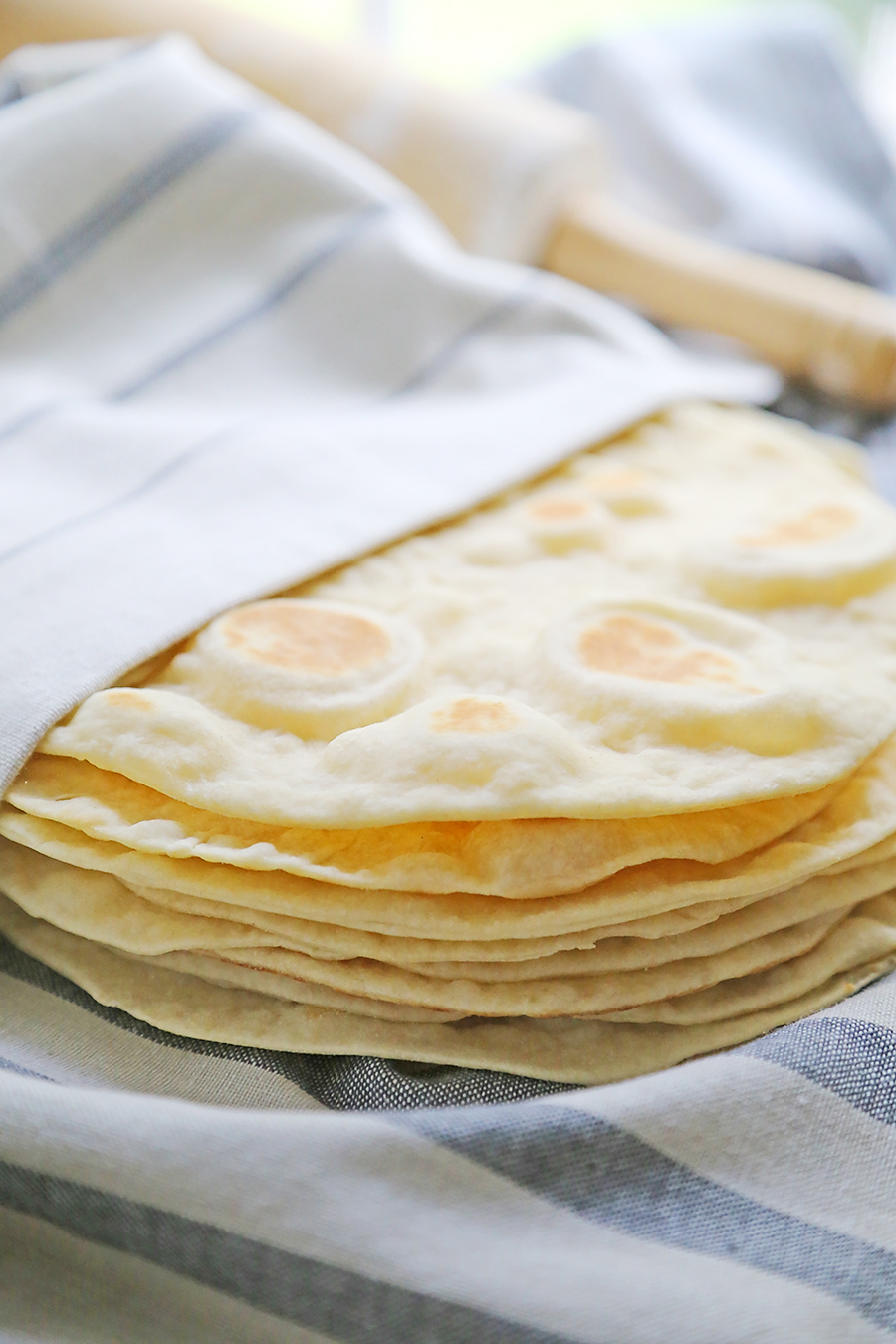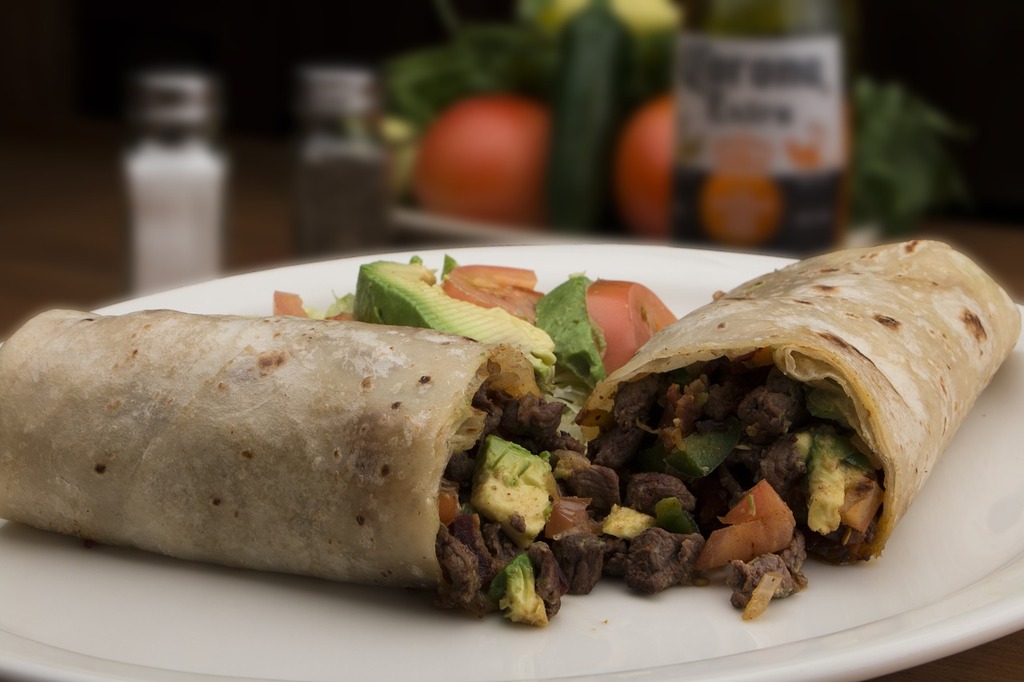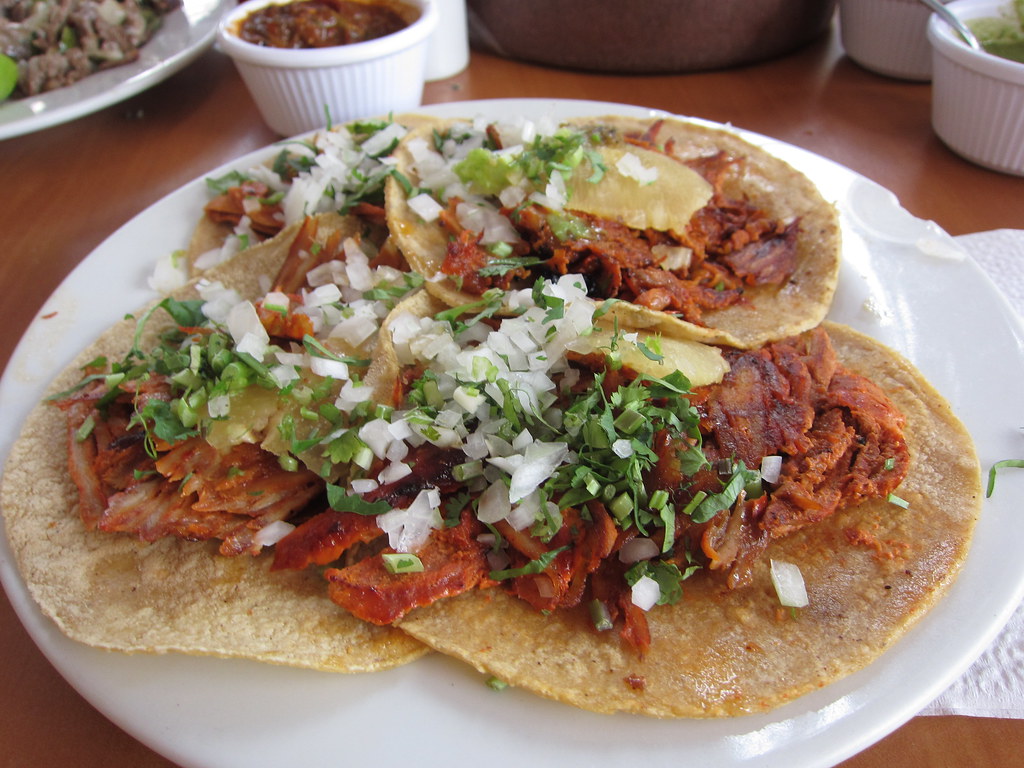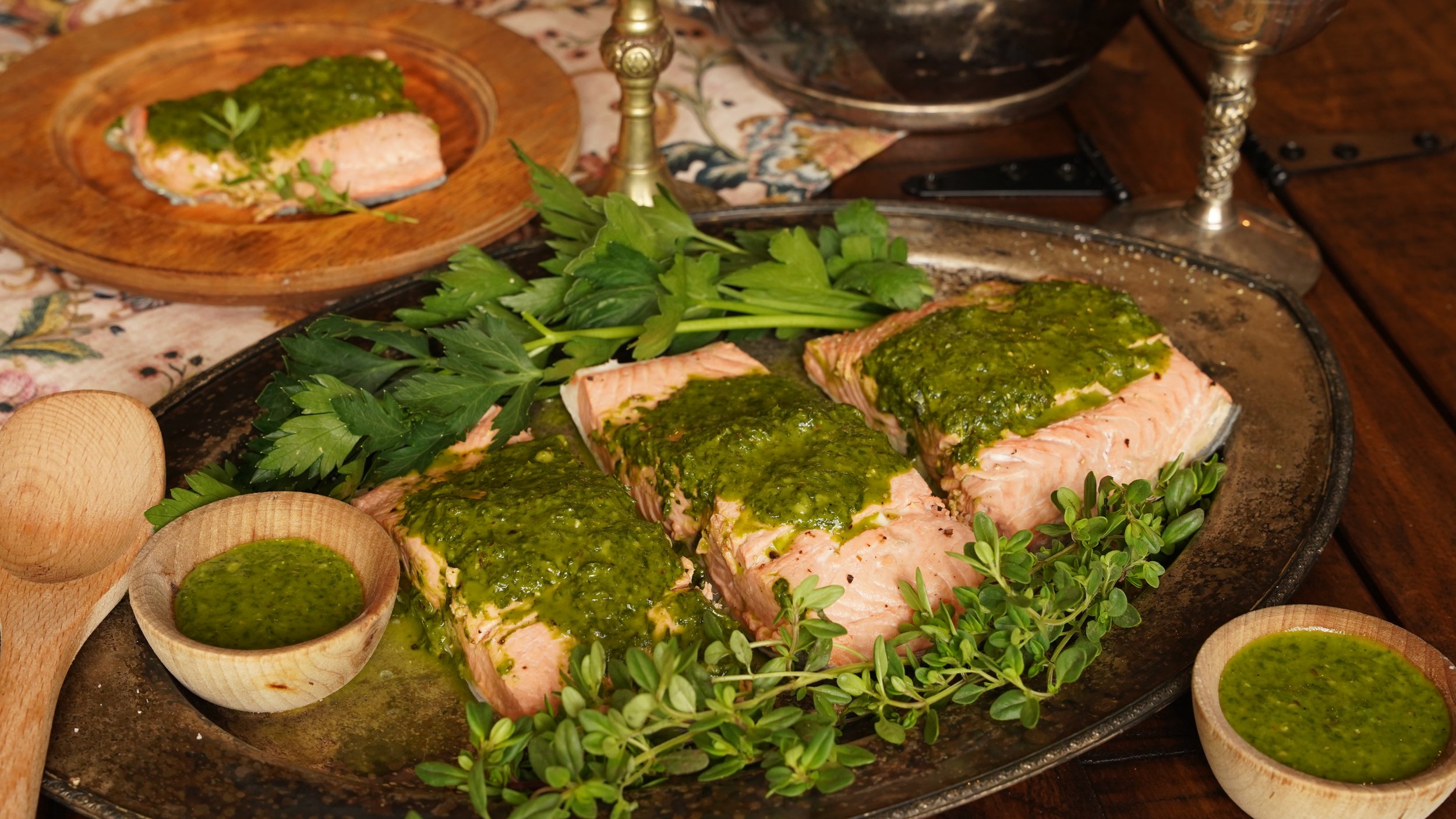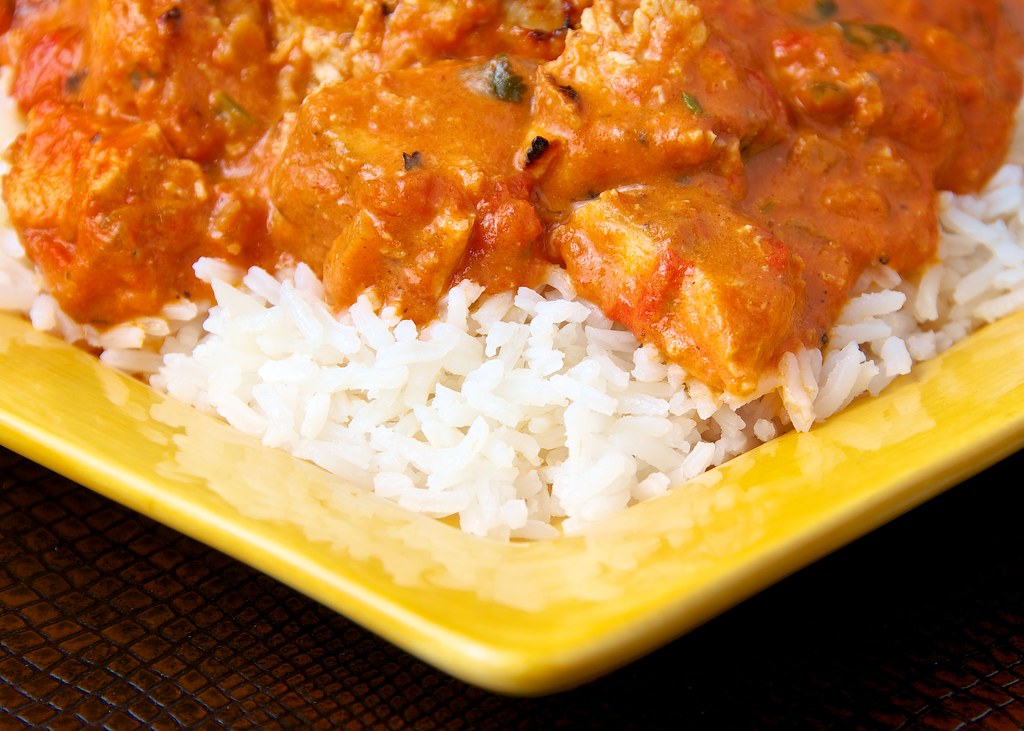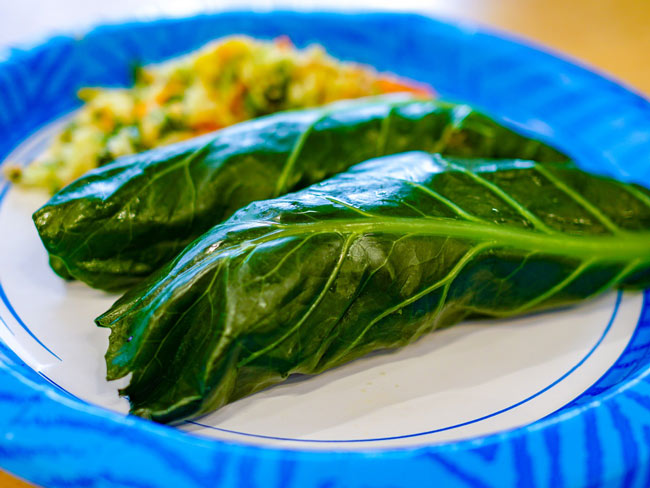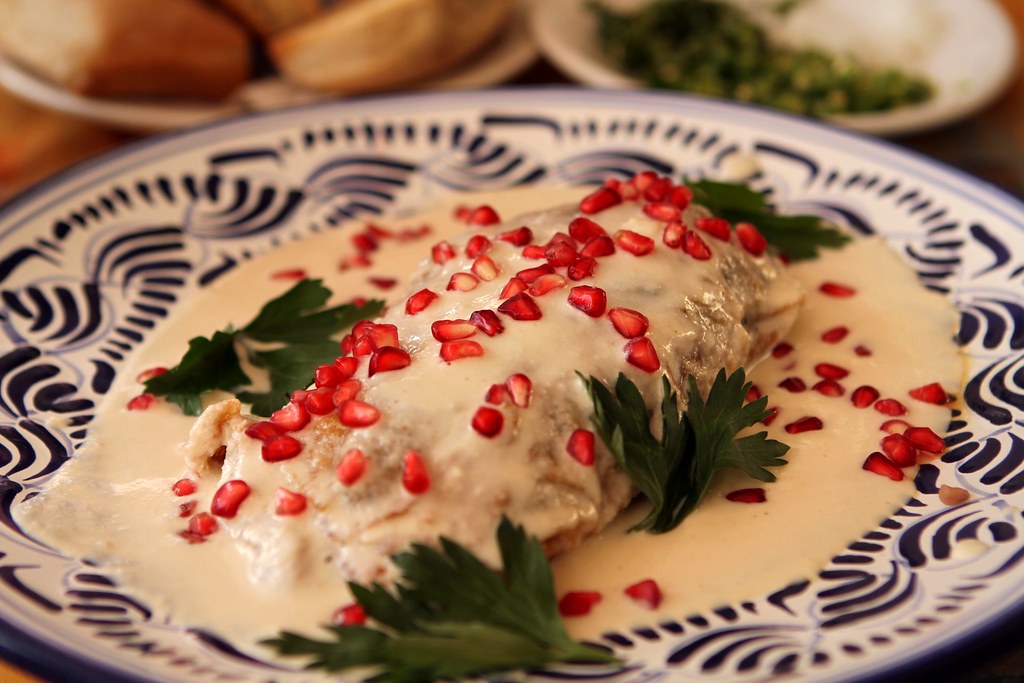
Introduction:
Indulge in the unique and exquisite flavors of the Mexican Chiles en Nogada Recipe. This iconic dish is a celebration of Mexican cuisine, blending savory and sweet flavors into a harmonious and delectable experience. Get ready to embark on a culinary journey that will tantalize your taste buds and transport you to the vibrant streets of Mexico.
Origin and History Of This Recipe:
The history of the Mexican Chiles en Nogada Recipe dates back to the 19th century, during Mexico’s fight for independence. It is said that the dish was created by the nuns of the Santa Monica Convent in Puebla to honor General Agustin de Iturbide, who played a crucial role in Mexico’s independence. The dish features the colors of the Mexican flag – green, white, and red – symbolizing the nation’s independence. Today, Chiles en Nogada is a cherished dish enjoyed during Mexico’s patriotic celebrations.
Things To Expect In This Post Article:
In this post, we will delve into the history and origins of the Mexican Chiles en Nogada Recipe, provide a detailed list of ingredients, step-by-step preparation instructions, cooking time and servings, personal anecdotes, nutritional information, health conditions to consider, benefits and disadvantages of nutrients, tips and tricks, equipment needed, variations and substitutions, serving suggestions, storage and reheating instructions, as well as frequently asked questions (FAQs) to enhance your cooking experience.
Ingredients List:
- Poblano peppers
- Ground pork or beef
- Onion
- Garlic
- Tomatoes
- Almonds
- Raisins
- Plantains
- Apples
- Peaches
- Walnuts
- Parsley
- Cilantro
- Cinnamon
- Cloves
- Cumin
- White wine vinegar
- Sugar
- Salt
- Pepper
- Eggs
- Flour
- Vegetable oil
Preparation Steps:
- Roast, peel, and seed the poblano peppers.
- Cook the ground pork or beef with onion, garlic, and tomatoes.
- Prepare the picadillo filling with almonds, raisins, plantains, apples, peaches, walnuts, parsley, cilantro, cinnamon, cloves, cumin, white wine vinegar, sugar, salt, and pepper.
- Stuff the poblano peppers with the picadillo filling.
- Coat the stuffed peppers in flour and beaten eggs.
- Fry the stuffed peppers until golden brown.
- Prepare the nogada sauce with walnuts, queso fresco, sugar, cinnamon, and milk.
- Serve the stuffed peppers topped with the nogada sauce and garnish with pomegranate seeds and parsley.
Cooking Time & Servings:
Total cooking time: 1.5 hours
Servings: 4-6
Personal Touch:
Growing up in Mexico, Chiles en Nogada always held a special place in my heart. The combination of flavors and textures in this dish brings back memories of festive family gatherings and celebrations. I hope you enjoy making and savoring this dish as much as I do.
Nutritional Information:
- Calories: 450 per serving
- Protein: 20g
- Carbohydrates: 30g
- Fat: 25g
- Fiber: 5g
Health Conditions And People To Avoid This:
- Nut allergies
- Diabetes
- Lactose intolerance
- Celiac disease
Nutrition and Benefits To The Body:
- Protein: supports muscle growth and repair
- Fiber: aids digestion and promotes gut health
- Vitamins and minerals: essential for overall health and wellbeing
Disadvantages:
- Excess fat intake can lead to weight gain and cardiovascular issues
- Excessive sugar consumption can increase the risk of diabetes and obesity
Tips and Tricks:
- For a vegetarian version, substitute the ground pork or beef with quinoa or lentils.
- Adjust the sweetness of the nogada sauce to your preference by adding more or less sugar.
- Serve the Chiles en Nogada with a side of Mexican rice and refried beans for a complete meal.
Equipment Needed:
- Roasting pan
- Skillet
- Blender
- Mixing bowls
- Frying pan
- Slotted spoon
Variations or Substitutions:
- Use ground turkey or chicken instead of pork or beef for a leaner option.
- Replace walnuts with pecans or cashews for a different flavor profile.
- Omit the dairy in the nogada sauce for a dairy-free version.
Serving Suggestions:
- Garnish the Chiles en Nogada with fresh cilantro and pomegranate seeds for a pop of color and freshness.
- Serve with a side of Mexican rice, refried beans, and warm tortillas for a complete meal.
Storage and Reheating Instructions:
- Store leftover Chiles en Nogada in an airtight container in the refrigerator for up to 3 days.
- Reheat in the oven at 350°F for 15-20 minutes or until heated through.
Conclusion:
Experience the rich flavors and cultural significance of the Mexican Chiles en Nogada Recipe in your own kitchen. Celebrate tradition and heritage with this iconic dish that is sure to impress your family and friends. Share your culinary creations on social media and tag us to join the conversation. ¡Buen provecho!
Frequently Asked Questions (FAQs):
Q: Can I make Chiles en Nogada ahead of time?
A: Yes, you can prepare the stuffed peppers and nogada sauce ahead of time and assemble just before serving.
Q: Is Chiles en Nogada spicy?
A: The dish is mildly spicy due to the poblano peppers, but you can adjust the heat level by removing the seeds and membranes.
Q: Can I freeze Chiles en Nogada?
A: While it is best enjoyed fresh, you can freeze the stuffed peppers and nogada sauce separately for up to 3 months.
Q: What is the significance of the colors of the Mexican flag in Chiles en Nogada?
A: The green represents the poblano pepper, the white is the nogada sauce, and the red is the pomegranate seeds.
Q: Can I substitute the nuts in the recipe for allergies?
A: Yes, you can omit the nuts or substitute with seeds like sunflower or pumpkin seeds for a nut-free version.
Q: Are there any vegan options for Chiles en Nogada?
A: You can use a mix of vegetables like mushrooms, zucchini, and corn for a vegan filling and almond milk for the nogada sauce.
Q: Can I make a smaller batch of Chiles en Nogada?
A: Yes, you can halve the recipe for a smaller batch or adjust the quantities based on your serving size.
Remember to engage with your readers and provide valuable information that enhances their cooking experience. Happy cooking!

